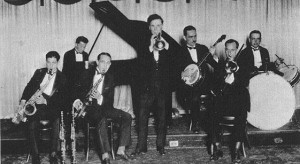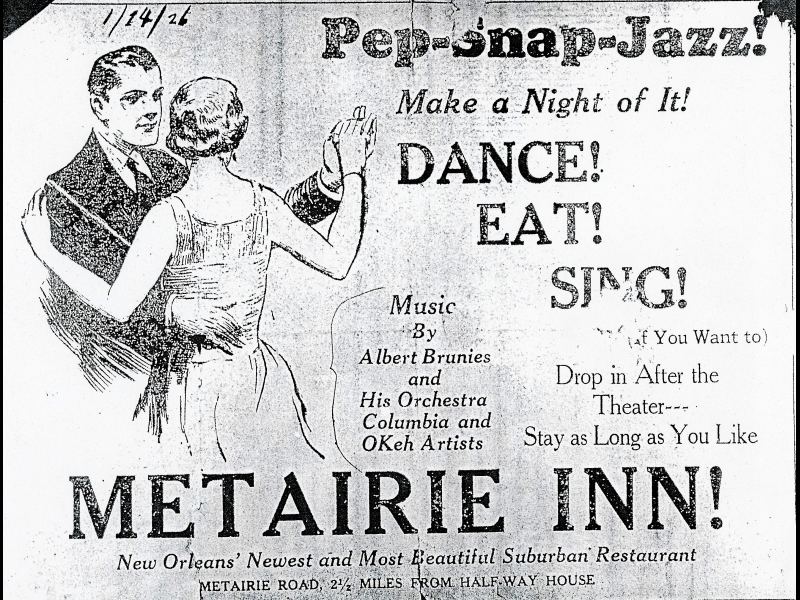
Bar Kohl on Edinburgh’s South Bridge is one of those multi-faceted drinking places whose character changes dramatically according to circumstances. It’s handy for the National Library of Scotland, Edinburgh Central Library and the University of Edinburgh alike, so during the day it attracts researchers and scholars, who make way in the evenings for a thirty-something professional crowd from banking and media. When there’s a lecture at the Augustine United Church, home to the bulk of Edinburgh’s historical and amenity societies, Bar Kohl fills with their largely retirement age audiences before and after. And to all of these different groups, Bar Kohl plays a consistent diet of 1980s rap and hiphop.
I must admit that when I realized for the first time that this really was their playlist and that it wasn’t going to go away, I could only see the funny side of it. And the audience mismatch was substantial, after all. But it quickly became something quite different – an opportunity to hear a great deal of a musical genre I’d previously neglected completely, divorced of context and in a situation of interest and comfort.
That was when I began to notice that a lot of the records I was hearing had – what, a note? a sound? in common with the pre-1941 jazz I’d been listening to for twenty years. For want of any real technical knowledge, I referred to it privately as the Harlem note – and it was present in these 1980s songs in almost exactly the same way as it had been in the records of Duke Ellington’s first great Cotton Club residency either side of the Wall Street Crash. Post-War jazz might have abandoned it, but the rappers and hiphop artists had revived it and reused it. The more I heard, the more I liked : atmosphere and charisma are difficult things to achieve in relatively short songs, but here they were, provided again and again.
In High Fidelity, Nick Hornby’s narrator wonders if his recurrent depression hadn’t something to do with his pop and rock obsession, something to do with listening to music in a minor key constantly for a twenty year period. Modern pop and rock have consistencies, and anyone who spent any time at all with the charts in their youth will recognize something in what he says. But what about sounds that were once common and that haven’t survived? What about discontinued musical sensibilities?
Meet the Halfway House Orchestra, a white 1920s band who had the residency at a bar of the same name in New Orleans. They were led by the cornetist Albert Brunies, one of three musical brothers, and they put down a series of recordings in 1925 that have survived and have been re-released on CD.
The songs aren’t quite jazz classics – in fact, they only just qualify as jazz at all. But their tone and manner encapsulate something that just hasn’t been heard in popular music since their time. It’s a tone and manner that has elegance, and a mournful beauty. But that doesn’t remove – well, hear another one, and see what you think:
Hard as it is to say it, there’s quite a lot of wheedling going on in there. And when there’s not wheedling, gutless whining steps in to fill the gap. I spent some time playing the Halfway House Orchestra over and over to myself, endeavouring to fix once and for all what it was reminding me of, and then I remembered: my little yellow labrador of childhood, standing at the back door, crying to be let out. She had good reason to, of course: what excuse has a band with a residency and a recording contract for plaintiveness and complaint? Little wonder that note has gone almost completely. It’s hard to imagine an amplified version holding them at Glastonbury or Reading. Pejorative descriptions aside, though, it works as music. You just don’t hear it anymore.
But my dog was a lovely, loyal pet who would stand guard over me for hours when I was sick. And she never sank to the level of pleading the Halfways are guilty of here. The whining note’s played out here, with what is actually a very good song. If it had to end, best to end like this.

Does this fit in your category?
http://www.youtube.com/watch?v=2S3Fi1sZR44
Well, he’s better than the execrable Whisperin’ Jack Smith, I’ll give him that!